
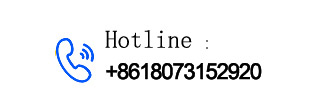
— Blogs —
—Products—
 Consumer hotline +8618073152920
Consumer hotline +8618073152920 WhatsApp:+8615367865107
Address:Room 102, District D, Houhu Industrial Park, Yuelu District, Changsha City, Hunan Province, China
Product knowledge
Time:2025-11-21 14:57:34 Popularity:273
In contemporary agricultural production, field weather stations have become indispensable tools for ensuring healthy crop growth and elevating management standards through precise environmental monitoring and scientific analysis. By integrating high-precision sensors and intelligent data-processing systems, NiuBoL field weather stations deliver real-time meteorological and soil moisture data, enabling farmers to scientifically regulate production activities, optimize water and fertilizer management, and simultaneously improve both yield and quality.
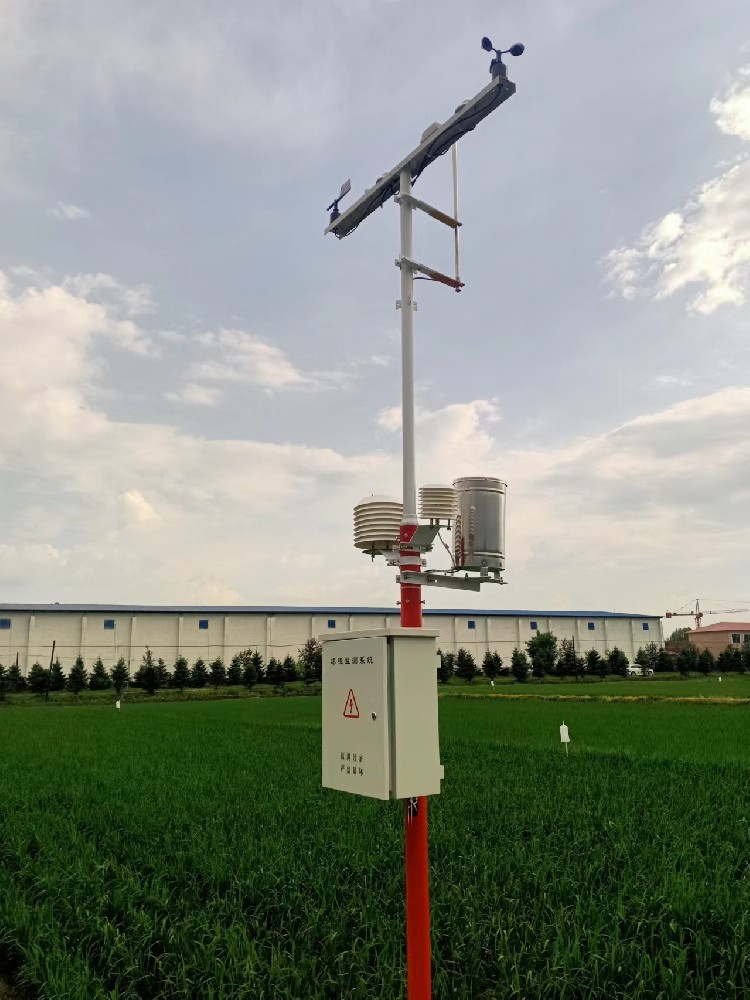
Field weather stations continuously monitor key environmental parameters using multiple sensors, including air/soil temperature, humidity, wind speed and direction, atmospheric pressure, rainfall, light intensity, and UV index.
- Temperature & Humidity Sensors: Provide real-time air and soil temperature/humidity data, serving as reliable foundations for irrigation scheduling, pest & disease forecasting, and crop growth monitoring.
- Wind Speed & Direction Sensors: Employ mechanical or ultrasonic technology to track wind changes and airflow direction, aiding wind protection for crops and optimizing pesticide application timing.
- Barometric Pressure Sensor: Accurately reflects weather system changes, supporting short-term forecasting and disaster early warning.
- Rain Gauge: Uses tipping-bucket or electronic weighing technology for high-precision measurement of precipitation amount and intensity, guiding field drainage and water resource management.
- Light Intensity & UV Sensors: Supply essential data for photosynthesis regulation and crop growth modeling.
Soil moisture is a decisive factor in crop growth. NiuBoL soil moisture sensors use dielectric constant or FDR (Frequency Domain Reflectometry) technology to precisely measure volumetric water content and monitor temperature/humidity changes across soil layers.
- Stable Data: Unaffected by salinity, fertilizer residues, or pesticides, ensuring long-term accuracy.
- Multi-Depth Monitoring: Capable of simultaneously measuring up to 10 soil layers for comprehensive shallow- and deep-layer analysis.
- Flexible Transmission: Real-time data upload via RS485, WiFi, or 4G networks to IoT platforms, allowing farmers to view and manage information anytime, anywhere.
Soil moisture monitoring enables precise irrigation and fertilization timing, reduces water and fertilizer waste, boosts yields, strengthens drought resistance, and provides data-driven insights for smart agriculture platforms.
Field weather stations play a vital early-warning role during heavy rain, drought, hail, and other extreme events. By delivering real-time alerts, farmers can take proactive measures—such as adjusting irrigation, reinforcing facilities, or altering crop layouts—to minimize losses. The data also serves as objective evidence for agricultural insurance claims.
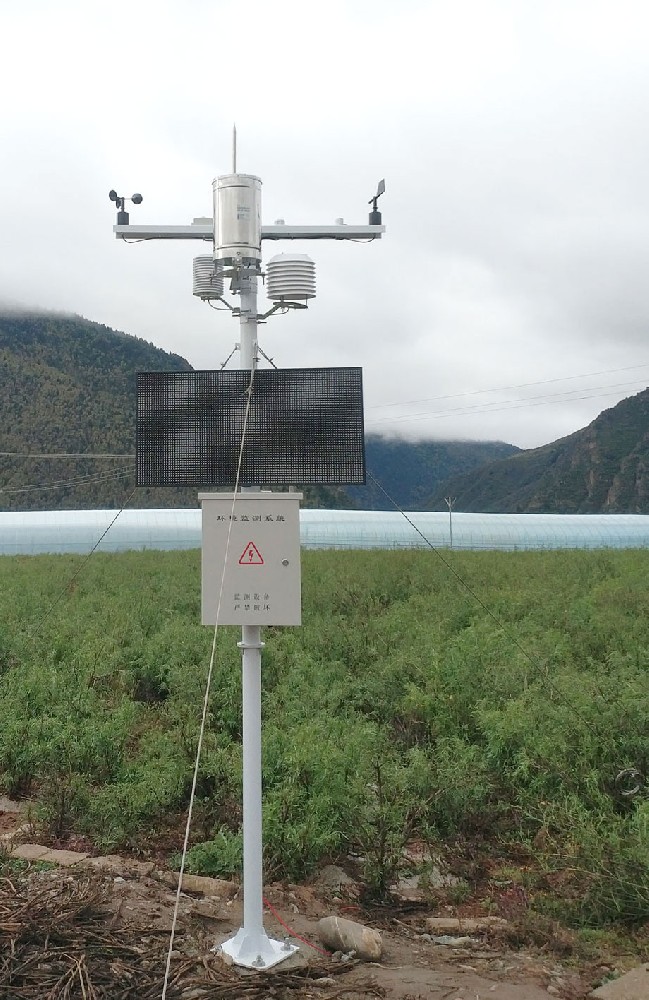
Long-term meteorological and soil datasets accumulated by field weather stations are invaluable for agricultural research and innovation. Scientists use these data to study climate change impacts on crops, pest and disease patterns, optimize breeding programs, and develop precision irrigation and sustainable farming technologies—driving agricultural modernization.
Global Applications and Success Stories
NiuBoL field weather stations are widely deployed in high-efficiency agricultural regions worldwide, including:
- U.S. Midwest Corn Belt – enabling precision irrigation and yield forecasting
- Dutch greenhouse vegetable production – optimizing microclimate control for higher quality and output
- Israeli drip-irrigation demonstration farms – maximizing water efficiency
- Australian wheat belts – improving crop survival in arid zones
- Dryland farming areas in northern China – implementing intelligent drought-resistant irrigation
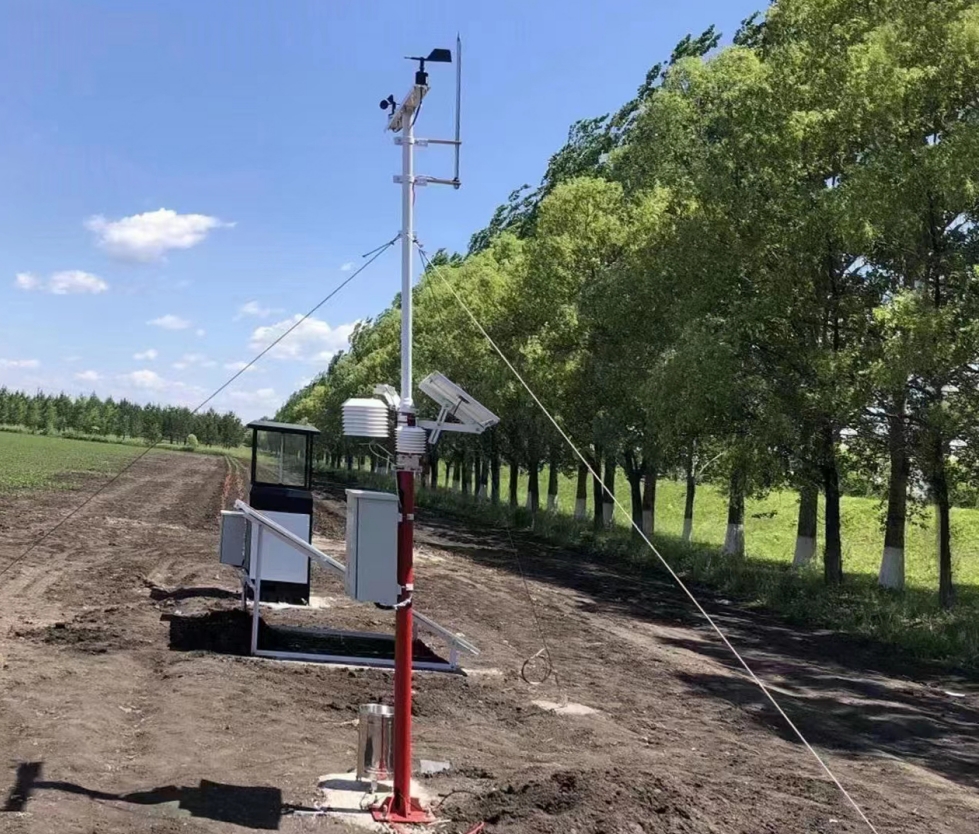
- High-precision, robust sensors capable of withstanding extreme weather
- Multiple data transmission options (RS485, 4G, WiFi) with real-time cloud upload
- Expandable modules: soil moisture, light intensity, UV, tilt, and more
- Flexible power supply: solar + battery or mains electricity
- Low maintenance, long-term stable operation, and excellent cost-performance ratio

No—only an open area, basic foundation, and power supply are needed; no large-scale construction required.
Yes—data is uploaded instantly via 4G/WiFi/RS485 to cloud platforms and accessible anytime on PC or mobile devices.
Sensors feature IP65/IP67 protection and operate reliably from -40°C to +85°C in heavy storms and rain.
Yes—dielectric/FDR technology works accurately across all soil types, unaffected by salinity or fertilizers.
Yes—multi-depth sensors can monitor moisture and temperature at different layers for comprehensive analysis.
Yes—supports API, Modbus, Excel export, and seamless connection to government, agricultural, or research platforms.
Absolutely—perfectly suited for automated water and fertilizer management, minimizing waste.
Maintenance is simple (periodic cleaning and inspection); solar-powered systems run stably for years with minimal consumables.
Yes—supports light intensity, UV, soil pH, tilt, GPS, and other modules to meet diverse needs.
By providing precise meteorological and soil data, it enables science-based decisions, reduces disaster losses, and improves water/fertilizer efficiency—significantly boosting both yield and quality.
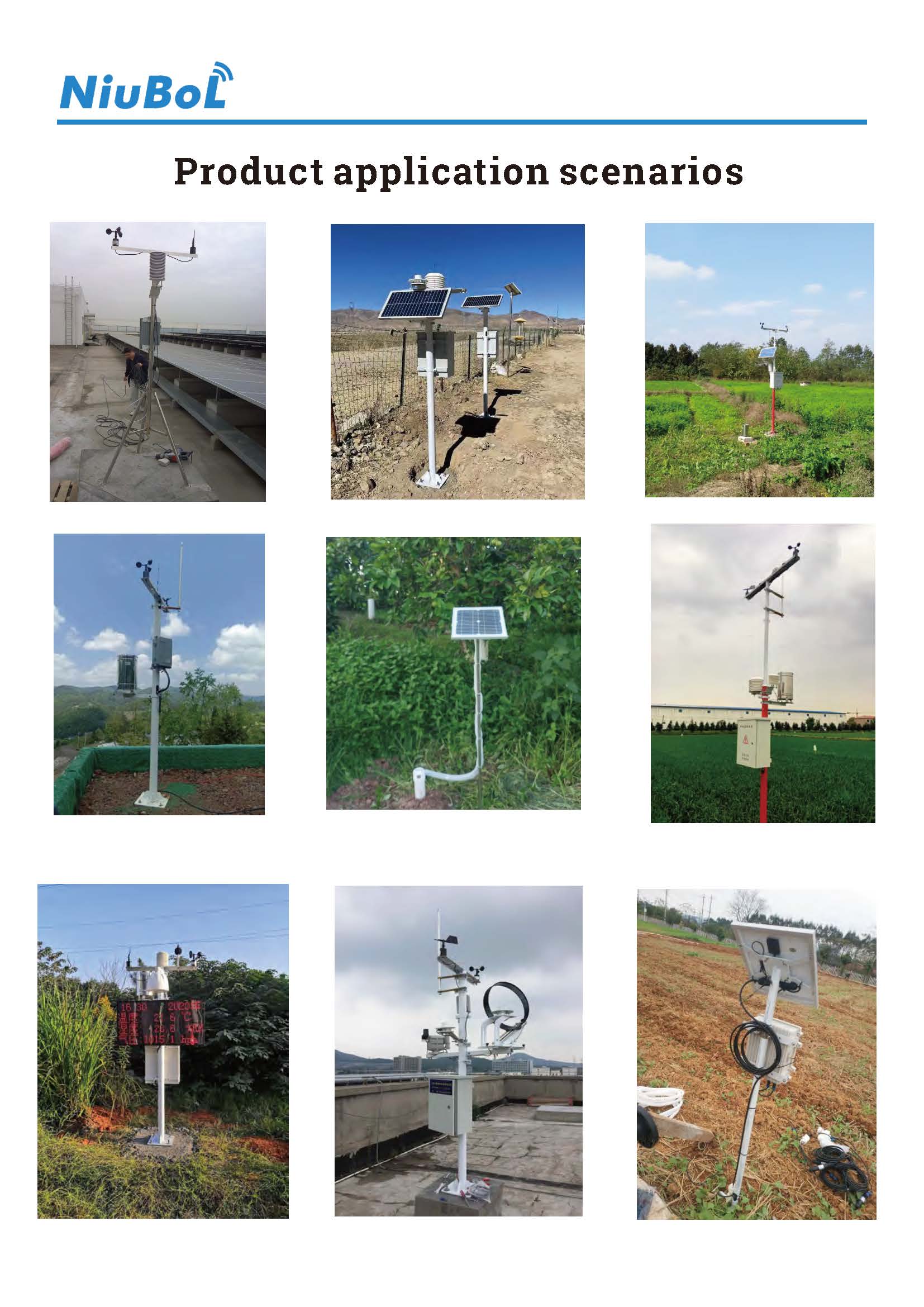
With its high precision, reliability, and intelligent management capabilities, the NiuBoL field weather station has become an indispensable core tool in modern agricultural production. Whether for meteorological monitoring, soil moisture analysis, disaster prevention, or scientific and technological innovation, it delivers accurate and dependable data support.
Choosing a NiuBoL field weather station means proactively building a foundation for scientific decision-making, resource optimization, and sustainable development—truly safeguarding the future of intelligent agricultural management.
Prev:Working Principle and Core Components of Automatic Weather Stations
Next:Agricultural Weather Station: The Intelligent Backbone of Precision Agriculture
Related recommendations
Sensors & Weather Stations Catalog
Agriculture Sensors and Weather Stations Catalog-NiuBoL.pdf
Weather Stations Catalog-NiuBoL.pdf
Related products
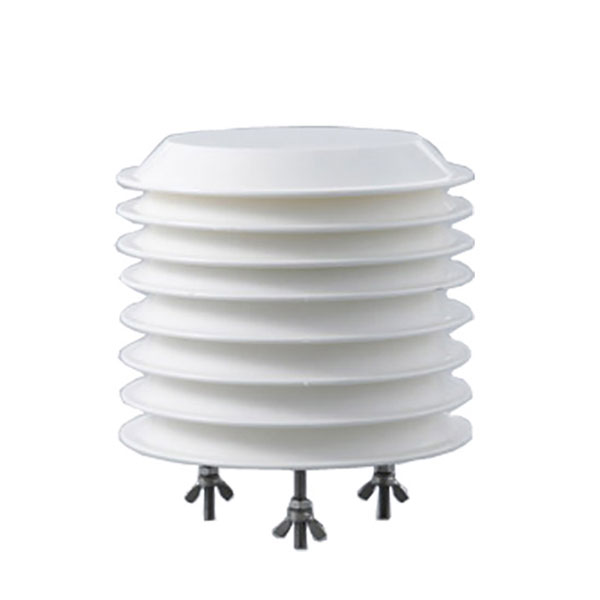 Combined air temperature and relative humidity sensor
Combined air temperature and relative humidity sensor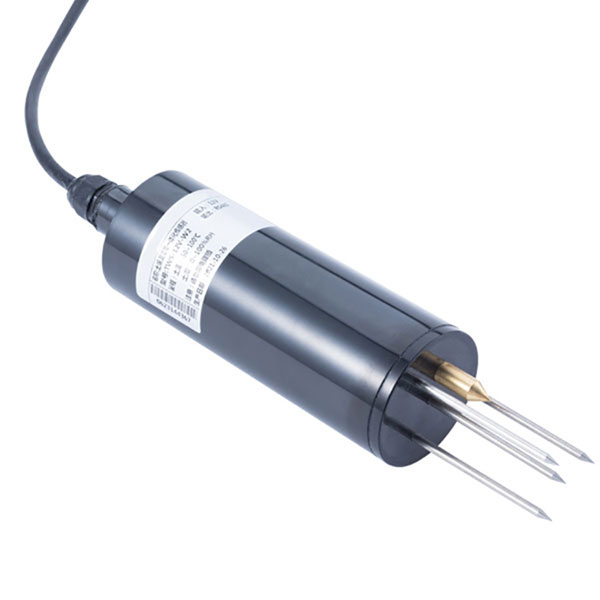 Soil Moisture Temperature sensor for irrigation
Soil Moisture Temperature sensor for irrigation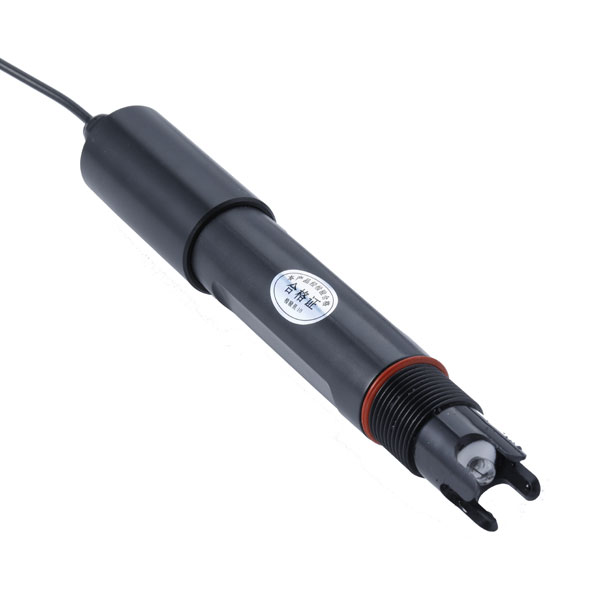 Soil pH sensor RS485 soil Testing instrument soil ph meter for agriculture
Soil pH sensor RS485 soil Testing instrument soil ph meter for agriculture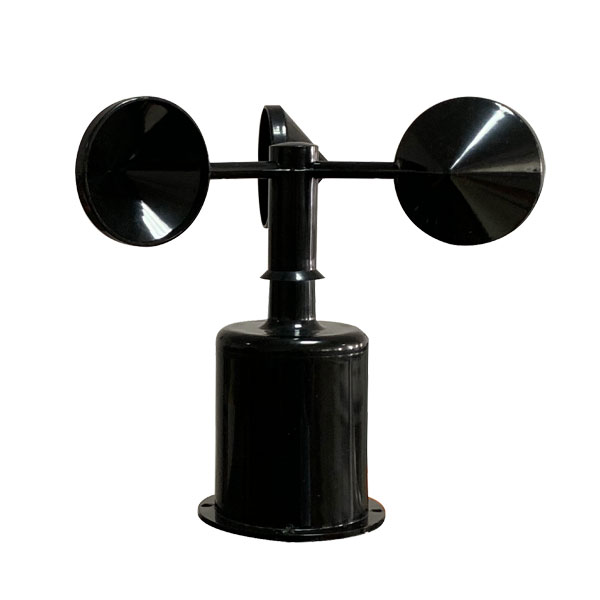 Wind Speed sensor Output Modbus/RS485/Analog/0-5V/4-20mA
Wind Speed sensor Output Modbus/RS485/Analog/0-5V/4-20mA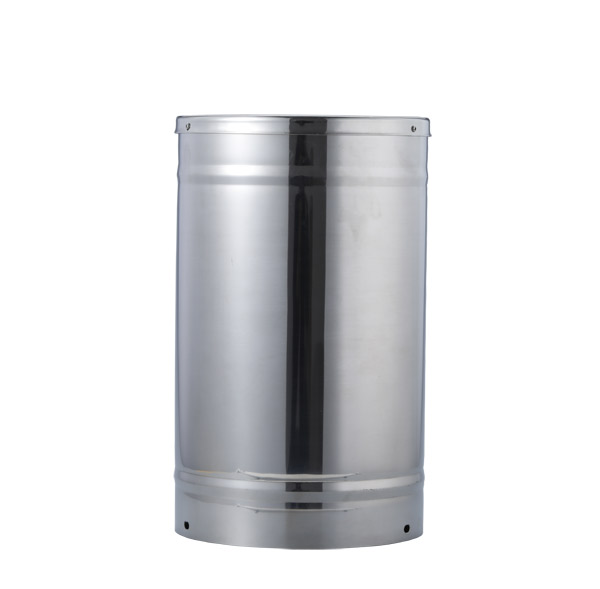 Tipping bucket rain gauge for weather monitoring auto rainfall sensor RS485/Outdoor/stainless steel
Tipping bucket rain gauge for weather monitoring auto rainfall sensor RS485/Outdoor/stainless steel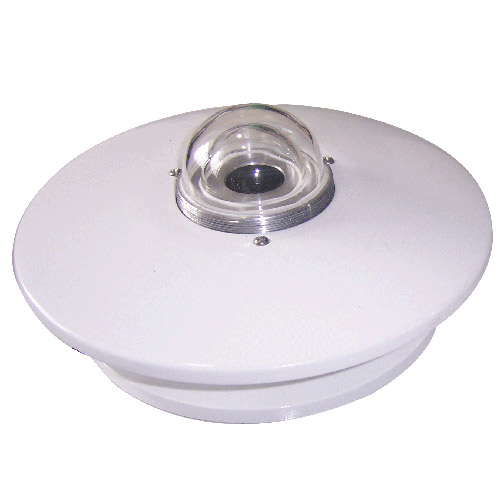 Pyranometer Solar Radiation Sensor 4-20mA/RS485
Pyranometer Solar Radiation Sensor 4-20mA/RS485
Screenshot, WhatsApp to identify the QR code
WhatsApp number:+8615367865107
(Click on WhatsApp to copy and add friends)
